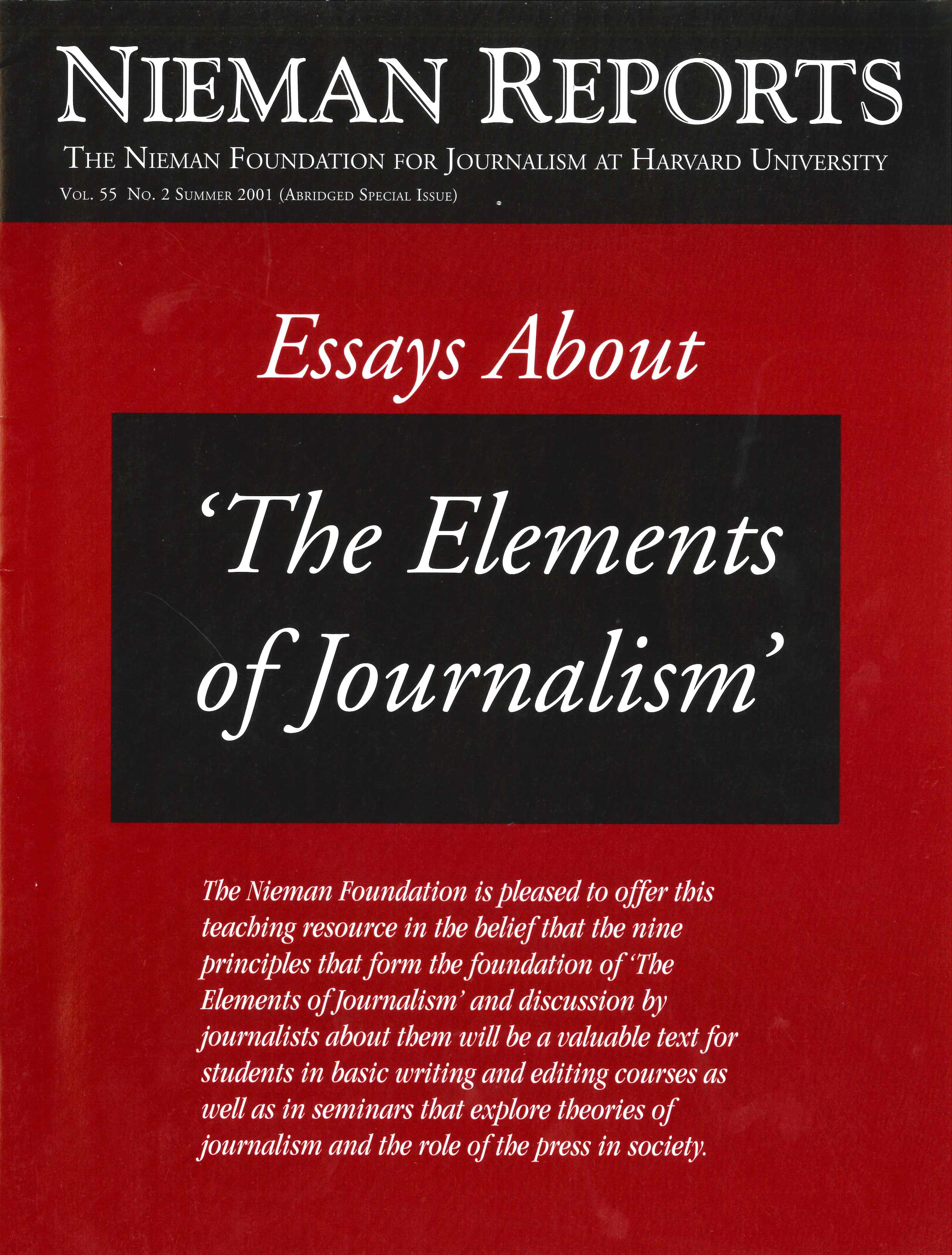It was never easy to be an investigative reporter, especially when the journalist wanted to tell a story that was original, that he or she saw but others didn’t see. These stories took much more time than ordinary stories—months, sometimes years. And there were cases, on occasion, in which a reporter would spend time investigating a story only to find that the thesis couldn’t be proven or that editors found the finished product not worth printing.
So, in this era of newspaper publishers expecting to achieve double-digit profits for stockholders, investigative journalism no longer has the same level of support. The dominant message, amid buyouts and pink slips, is produce, produce, produce! The result is that reporters tend to produce more good or mediocre stories at the expense of the great and vital stories, which are still out there.
At The Philadelphia Inquirer, where I am a staff writer, reporters still write investigative stories. But fewer of them are consistently engaged in that enterprise now than 14 years ago, when I came here from The Washington Post.
Despite changes in newsroom culture, I think it is still possible to report and write great investigative stories at newspapers. The key then, and now, is fierce determination, hard work, and some guerrilla tactics.
In 1982, when I wrote a series on jail rapes for The Washington Post that won a Pulitzer Prize for Local Investigative Specialized Reporting, newspapers were still proudly touting their First Amendment watchdog role. Watergate and the book and movie that celebrated it, “All the President’s Men,” were recent memories. Nevertheless, my two immediate editors at the Post had no interest in giving me the time to report and write this series. But it was possible to circumvent them. And it is still possible, today, to overcome obstacles in the newsroom.
My series was about gang rapes of prisoners awaiting trial for misdemeanors by other prisoners who were convicted of crimes like murder and armed robbery. I learned about the rapes while I was covering the Prince George’s County Courts. During a sentencing, a lawyer said, “Your honor, my client was gang raped in the county jail.” I was shaken, thinking of what had happened to the young man. Afterwards, I asked the judge how often he heard about the rapes. “Oh, it happens all the time,” he said.
So I began my reporting. I still covered my beat. But on my days off, and when I finished work, I visited the homes of jail guards and jail rape victims and interviewed them. I didn’t say anything to my editor. After about six weeks, I finally made my pitch. At that point I knew most of the key points of the story. I explained them to my editor: About a dozen men a week were getting gang raped in the jail. Most were legally innocent, in jail because they lacked money for bond before their trials. They were gang raped because the jail failed to enforce its rules and permitted prisoners to block the view of guards with black trash bags. Indeed, jail policies actually promoted the gang rapes because the jail failed to separate the weak from the strong and to separate those charged with drunk driving, shoplifting and trespassing, who became rape victims, from convicted murderers and armed robbers, the typical rapists.
My editor said, “Let’s put it on the back burner.” I argued, but there was no winning. I went over his head, to another editor. He refused. The second editor needed me for daily stories. I went over his head, to the metropolitan editor. “That’s a great story,” he said, and ordered my immediate editor to give me some time to report and write it.
Later, of course, other newsroom obstacles appeared to publishing an investigative story: It was hard to get the time to find and interview the jail rapists and obtain medical records of the victims. One editor thought the story should be a “trend” story. Another editor didn’t like case studies, didn’t like quoting the men who had raped each victim. Another editor wanted a feature story.
So it takes determination to get the job done, even in the best of times. I think now, even in harder times, reporters can find more ways to report and write investigative stories at newspapers. Editors love good stories. And good reporters feel outrage about social injustice, about systems that don’t work, about policies that hurt people.
Of course, it helps to have an editor who has been an investigative reporter—even if he or she is an “unofficial” editor. It helps to talk to other reporters who have written investigative stories. And it helps to have thick skin.
Loretta Tofani writes for The Philadelphia Inquirer. She participated in the Nieman Foundation’s second Watchdog Journalism Project conference on the use of sources.


